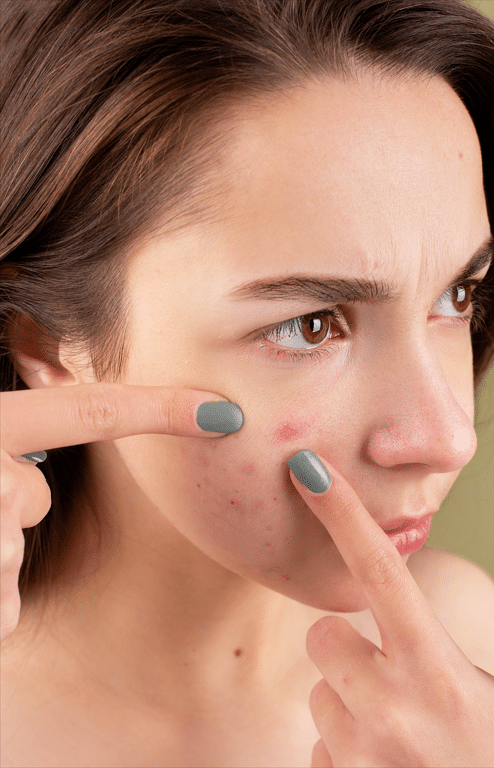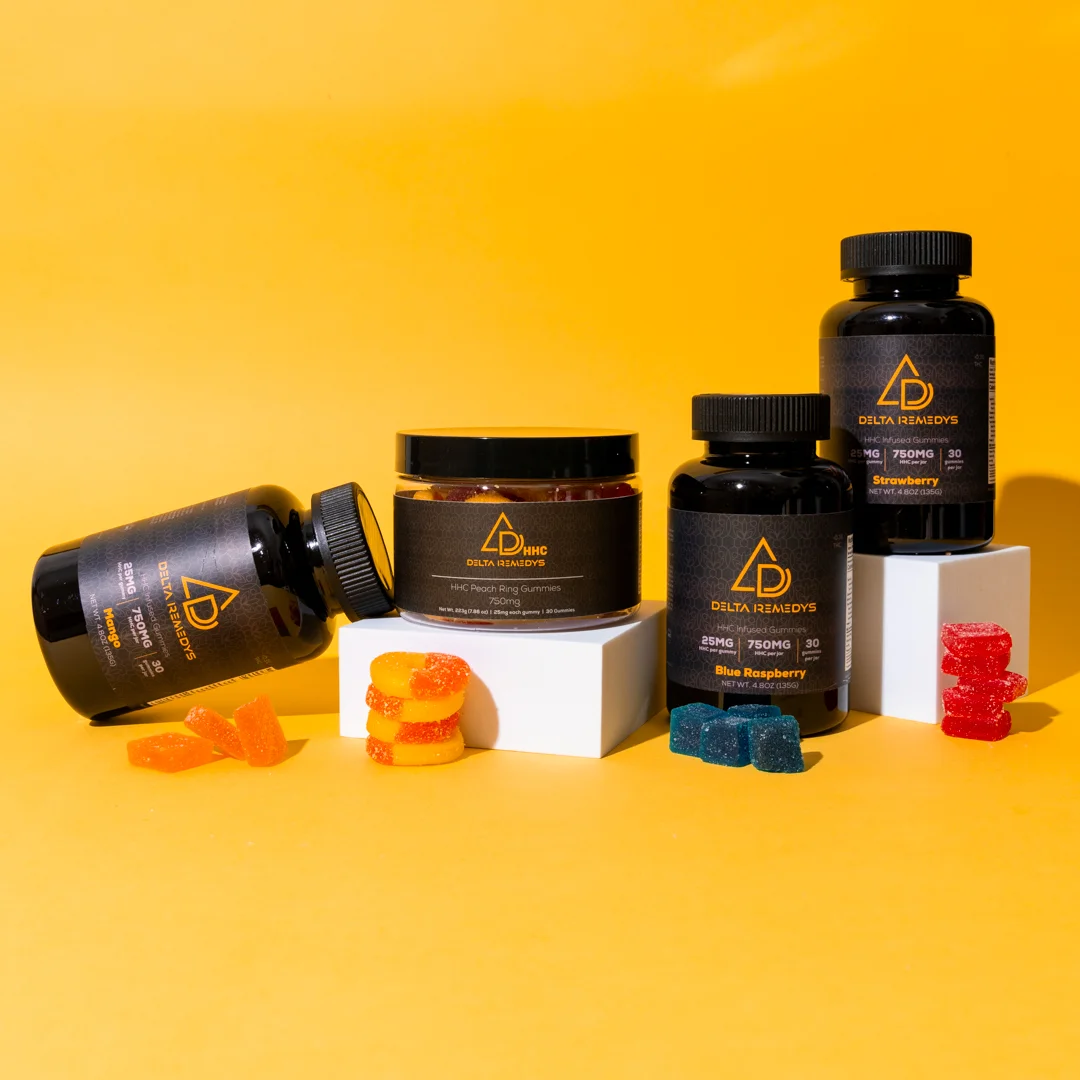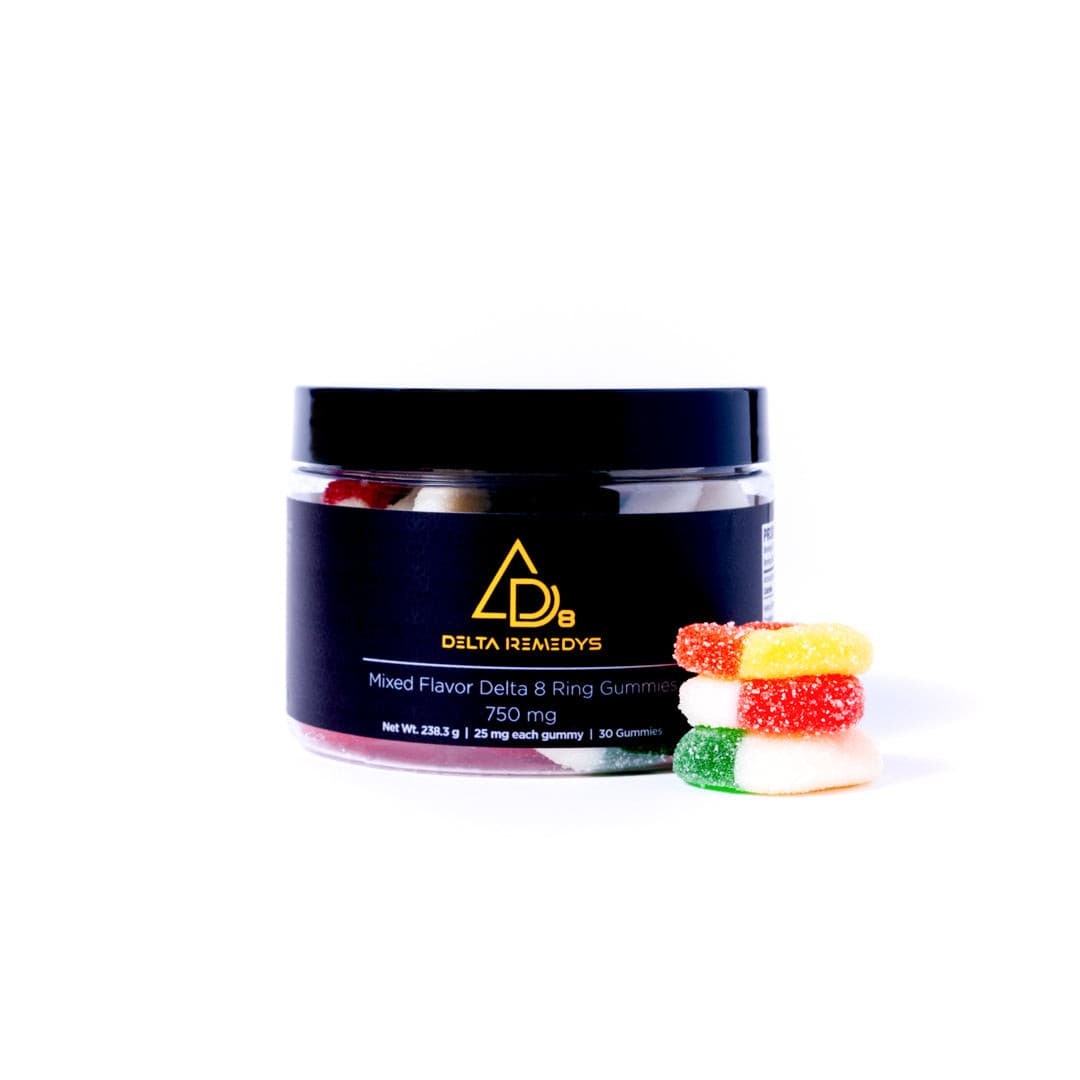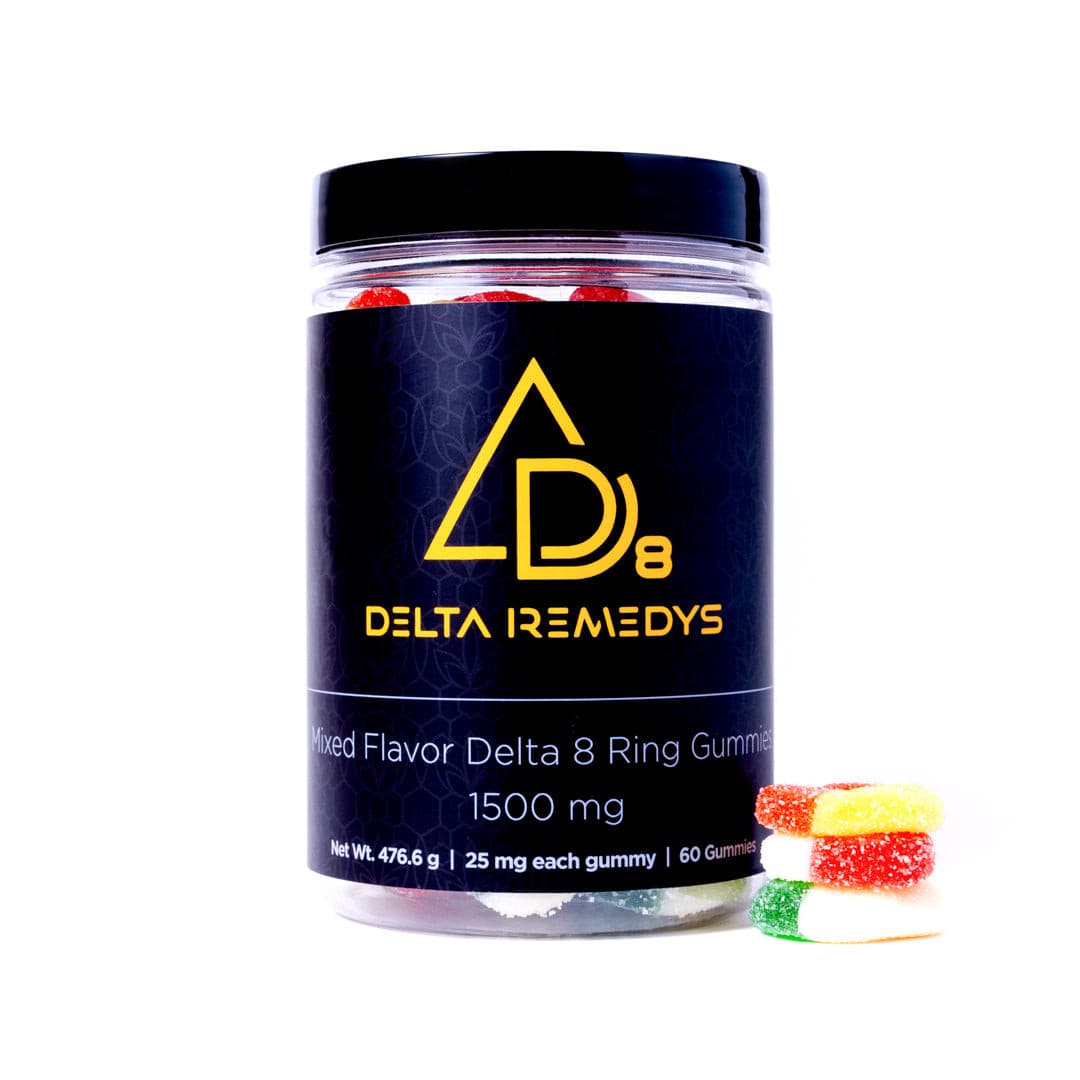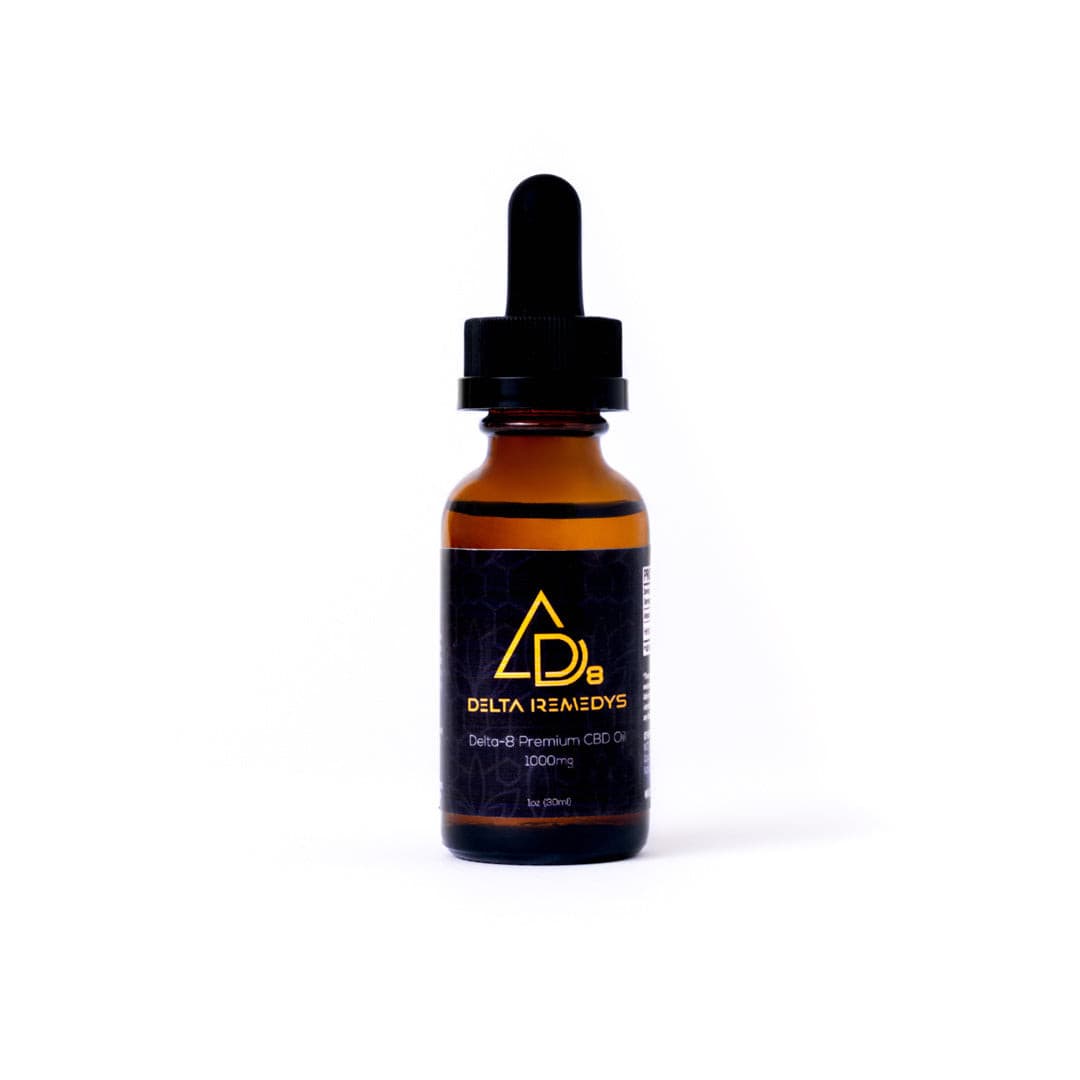You might have heard that CBD helps with skin problems like acne and eczema, as well as the fine lines and wrinkles that come with age. But is there any proof that it actually helps? Would it be okay to use?
Experts say that extensive research is needed to definitively determine the applications and benefits of CBD, despite the fact that there is ongoing research into these topics.
Only a handful of substances,including CBD, have truly taken the skincare world by storm. And if you look closely, you’ll find it in various cosmetics, from sunscreens and moisturizers to masks and lip balms.
The question is whether you need to apply this on your skin. Well, let’s find out.
=== split content ===
The Scientific Evidence
If cannabidiol (CBD) seems to cure your skin problems, it’s good to take a step back and assess the situation more thoroughly. Due to the passage of the 2018 Farm Bill, CBD products are no longer categorized alongside marijuana.
Despite the fact that it is still against the law to market CBD as a supplement, this has allowed for more studies to be conducted on CBD and for firms to make and sell CBD products legally.
Twenty people with psoriasis, as well as eczema with scarring potential, took part in a small study evaluating CBD’s effects. For three months, study participants used a topical ointment containing cannabidiol (CBD) twice daily.
There were some positive changes visible, such as decreased inflammation. Despite the study’s many shortcomings, no cases of irritation nor allergic reaction were reported.
There is still a lack of knowledge among scientists regarding the optimal CBD dose for treating skin disorders and enhancing overall health. Many well-known companies use varied concentrations in their formulas for different areas of skin. Such as the body and the face, to ensure that their products penetrate those areas deeply.
What to Do Before Using a CBD Skin Care Product
You may rest assured that CBD products pose no health risks to consumers, and preliminary evidence suggests they may improve the health and vitality of your skin. Here’s what you should know before purchasing and trying a CBD skincare product:
- Try it out first, please.
- Complete your homework.
- Learn about CBD, but consider that additional study is needed.
- Remember, more research is needed.
- Shop Wisely
- Apply a serum.
- Consult a dermatologist for help.
CBD and Acne
When it comes to skin conditions, acne is by far the most common. Acne may respond well to CBD because of its oil-reducing, anti-inflammatory, and antibacterial components.
Cannabidiol (CBD) was tested for its effect on human sebocytes in 2014. Sebum, the oily, waxy secretion of the skin’s sebaceous cells, is produced by these cells.
Even though sebum is meant to protect the skin, too much of it can cause acne. CBD was discovered to reduce sebocyte secretion, improving skin health. In a second study, CBD was also proven to improve the cosmetic appearance of acne scars.
CBD for Acne Scars
Large pimples and subsequent picking can cause permanent damage to the skin, which manifests as an acne scar. Twenty people with psoriasis and/or atopic dermatitis scars were analyzed in a study published in La Clinica Terapeutica. For three months, participants applied an ointment containing cannabidiol (CBD) to their scars twice daily.
After three months, the researchers noticed a marked improvement in the skin’s look across various metrics, including elasticity and moisture, thanks to the CBD ointment.
Even though this study was tiny and wasn’t conducted on people with acne scars, it suggests that CBD products may help minimize their appearance.
CBD for Dryness and Itching
In 2019, researchers found that CBD showed promise in alleviating the sensations of dry skin and itching due to skin diseases. CBD’s anti-inflammatory effects could be especially helpful in mitigating the symptoms of skin conditions such as dermatitis, eczema, and psoriasis.
Individuals with sensitive skin may benefit from using CBD oil because it can calm inflammation and diminish redness.
CBD for Aging and Wrinkles
Research, published in 2017 demonstrates CBD’s antioxidant capabilities. The age-related decline may be facilitated by oxidative stress. Since CBD has anti-inflammatory as well as antioxidant properties, it may help to slow the appearance of skin aging.
How to Choose CBD Skincare Products
The FDA is not currently involved in regulating CBD products. Therefore, we advise clients to seek CBD oil products containing no more than 0.3% THC.
Additionally, the product must provide evidence of third-party testing by a facility recognized in accordance with ISO/IEC 17025. It must be clean of pesticides, metals, mold, and bacteria. Not to mention, there is testing for both efficacy and safety.
Verify the supplier is not named in an FDA warning letter. COAs (Certificates of Analysis) is required for all products sold, so it’s important that they come from a reputable source.
Other factors that consumers may consider include the concentration of CBD in their preferred product, product reviews, cost, and the reliability of the seller and the manufacturer.
How to Use CBD for Your Skin Issues
Always refer to the product’s label or package for information on how often and how much to apply a CBD oil or cream, as well as any other specific directions. CBD oil and CBD-infused cosmetics are safe to use topically.
Individuals can sublingually administer CBD oil by placing a few drops beneath their tongue and holding it there for up to a minute before swallowing.
Dosage should be based on the individual’s weight and CBD oil’s effectiveness. When first trying CBD, the lowest effective dose should be used. If they find that a low dose of CBD has no effect, they might then raise it slowly.
How About The Law?
The use of CBD in cosmetics and skin care items is not prohibited by law. CBD does not have any of the psychoactive properties of marijuana, such as the high quantities of THC (tetrahydrocannabinol). In other words, it has no psychoactive properties. Some topical skin care treatments, however, may also contain THC. This is cause for alarm, according to some experts.
The addition of CBD to meals or the sale of CBD as a dietary supplement is prohibited.
Before recommending CBD for your skin, experts want to see more solid evidence. However, if you decide to use a CBD-infused skin product and have any adverse effects, it is important to discuss this with your doctor. Visit a dermatologist for a professional evaluation and treatment plan if you have skin problems.
Takeaway
Dermatologists require substantial research on real skin to say CBD products heal acne. Smaller trials in the lab have shown promise while researchers wait to do larger ones.
CBD oil has shown promise in treating a variety of skin conditions, according to research. This may be because it possesses anti-inflammatory, antimicrobial, and antioxidant effects.
Check the labels thoroughly and only purchase from trustworthy companies whose products have been tested by third-party labs if you decide to purchase CBD products for acne.
Resources:
https://www.healthline.com/health/skin-disorders/cbd-for-acne#takeaway
https://www.medicalnewstoday.com/articles/cbd-oil-for-skin#how-to-use
https://www.everydayhealth.com/skin-beauty/cbd-skin-care-are-these-products-worth-hype/

